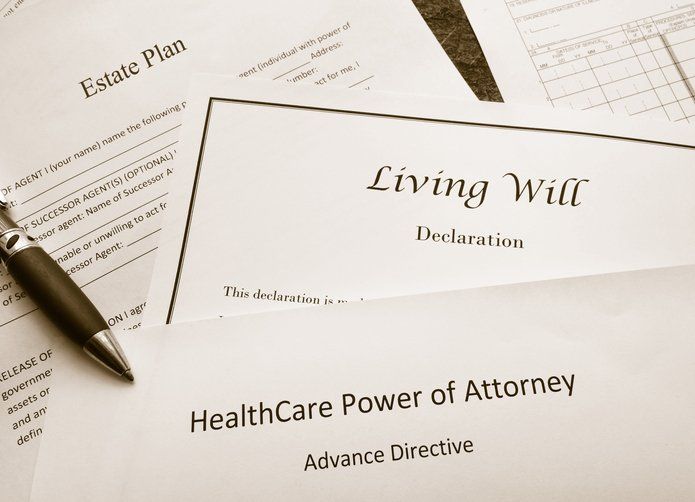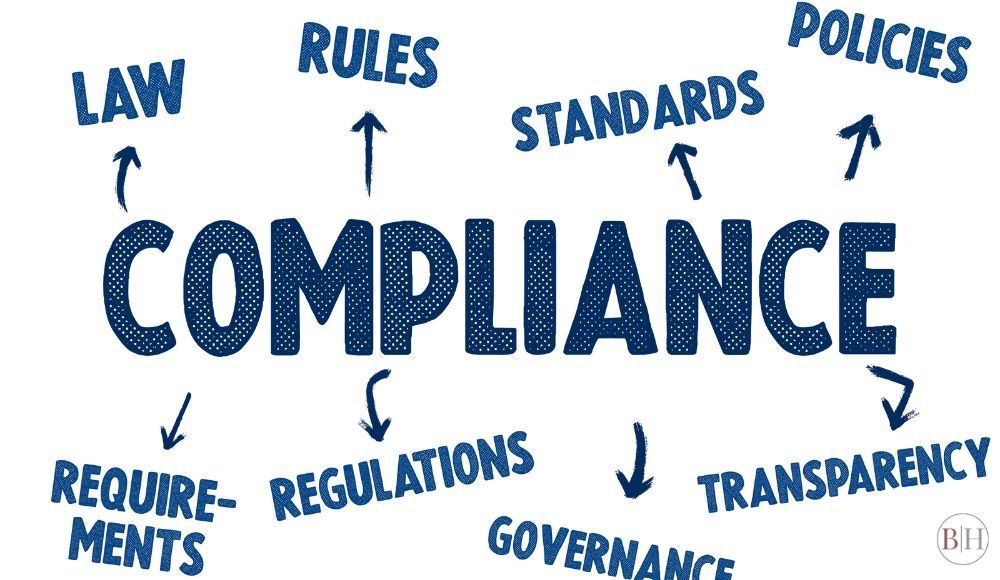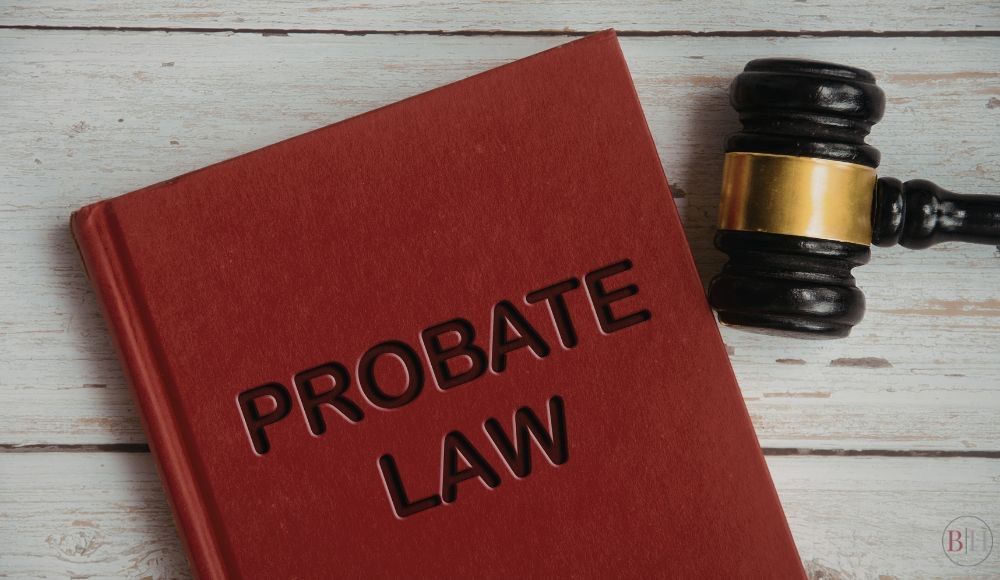Do I Need an Estate Plan?
The simple answer is yes. But before telling you why it is important to know what is meant by the term “
Estate Planning."
What is Estate Planning?
Most people think of estate planning as making a Will specifying who you want to receive your assets when you die. While that is true, proper estate planning also includes many of the following elements:
• Ensuring that you have named a Guardian for the care of minor children, along with funding a Trust for their care and education.
• Ensuring that assets are titled in a way maximizes the amount your beneficiaries receive and ensures the assets pass to the intended beneficiaries.
• Beneficiary designation planning for assets that do not pass to the beneficiaries named in your Will, such as retirement accounts, annuities, and life insurance.
• Minimizing death taxes so that your beneficiaries receive more of your estate
• Instructions for your care if you become disabled and can not make decisions for yourself
• Provisions for family members with special needs that do not affect their eligibility for government benefits such as SSI and Medicaid
Is Estate Planning Limited to Deciding Who Gets My Assets When I Die?
No. Just as importantly – and in some cases, more importantly – proper estate planning addresses unexpected situations that occur while you are still living.
A necessary element of estate planning is a properly drafted Power of Attorney (POA). In a POA, you give your Agent the authority to make all financial decisions for you that you could make for yourself. Contrary to popular belief, your Agent can act on your behalf even if you are not incapacitated.
A POA is the most powerful legal document you can sign because it gives your Agent the ability to take all your money. While this is rare, it does happen. Thus, the most important factor to consider when selecting an Agent is trust.
Additionally, a properly drafted POA allows your Agent to take necessary steps to, as much as is possible, protect your assets should you need to go into a nursing home. This simple step can potentially save hundreds of thousands of dollars that might otherwise be paid to a nursing home.
In addition to having a POA for financial matters, you should also have a Health Care Power of Attorney (HCPOA) for medical decisions. In an HCPOA, you are naming a Health Care Agent to make medical decisions for you if you are not able to communicate them yourself.
Many people have Living Wills setting forth their wishes should they be permanently unconscious with no hope of recovery, in a persistent vegetative state or an irreversible coma. However, Living Wills do not address situations in which you cannot make medical decisions but are not in one of the conditions listed above (i.e., dementia, Alzheimer’s disease)
A properly drafted HCPOA will cover both situations in addition to ensuring that the necessary HIPPA language is included allowing medical information to be released to your Health Care Agent.
What Are The Consequences of Not Doing Estate Planning?
Failing to do proper estate planning can lead to unnecessary legal fees and unwanted negative consequences such as:
• Your assets being distributed according to state law with your beneficiaries receiving less because more money is spent on unnecessary legal fees, court costs, and/or taxes.
• A court deciding who will care for minor children if you and the other parent die.
• Beneficiaries with special needs losing their eligibility for government benefits.
• If you become mentally or physically incapacitated, a court, rather than your family, may be able to control how your assets are used to care for you. Going through the court can be expensive and time-consuming. Plus, your information may become public, and it can be difficult to regain control if you recover.
• Inability to preserve assets to the maximum extent possible if you need to go into a nursing home.
• Your retirement accounts being taxed at up to 37% before being distributed to your intended beneficiaries.
When Should I Begin Estate Planning?
Because none of us has a crystal ball that can tell us when we will die or if we will become disabled, the time to begin estate planning is now while you are legally competent, in good health and free from emotional distress. Unfortunately, many people do not want to think about their own mortality, so they put it off.
If you do not take the time now, your family will be left to deal with it at the worst possible times, either while they are dealing with your incapacity or while mourning your loss.
Do I Need an Attorney for Estate Planning?
You are not technically required to use an attorney to do your estate planning. However, failure to do so is likely to lead to more costly problems in the future.
The experienced estate planning attorneys at Bingaman Hess can help ensure that as much of your estate as possible goes to your beneficiaries. They can ensure that your wishes are followed and that your estate is managed by someone you trust.
Give Bingaman Hess a call today at
610-374-8377
or
find us online
to begin your estate planning and ensure peace of mind your yourself and your family.










